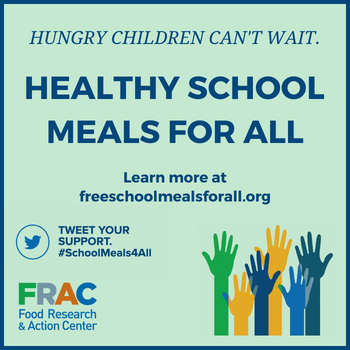
Every five years, Congress reauthorizes the Farm Bill, an expansive legislative package that governs the nation’s food and agricultural systems. Though often described as an agriculture bill, it is equally a nutrition, rural development, conservation, and public health bill.
The Farm Bill reflects a longstanding bipartisan recognition that agricultural abundance and food security are inseparable. When families can afford food, farmers have stable markets. When farmers thrive, local economies grow. That compact is now under strain.
As the president prepares to deliver the State of the Union on Tuesday, millions of families across our nation — one in seven households to be exact — are struggling to put food on the table. For the 47.9 million people, including 14.1 million children, who live in these households, food insecurity is not an abstract concept. It is a daily reality, and it has only gotten worse as the cost of food has continued to climb.
The Summer Electronic Benefit Transfer Program (Summer EBT) is entering its third year, and the window for states to opt in for 2026 has closed.
Thirty-eight states, Washington D.C., five Indian Tribal Organizations, and all five U.S. territories submitted a notice of intent by the January 1 deadline and are poised to implement Summer EBT this year. This includes Iowa, which will be operating Summer EBT for the first time.
